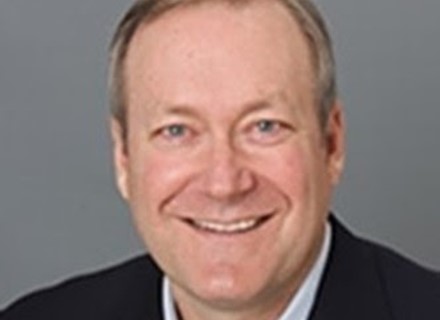Today, the University’s posted information for students about its Winter Session offered in January during the extended break between fall and spring semesters this year. The session is intended to keep students engaged and provide additional learning opportunities through online courses and workshops in areas such as skills-building, career discernment, research and virtual community service.
The Notre Dame Institute for Global Investing will be running four programs during the session. NDIGI’s offerings provide opportunities for a range of business and non-business students, from Notre Dame First-Years to undergraduates and graduate students, to add to their investing acumen, increase career discernment, interact with industry professionals or gain business lessons in a novel way by watching “The Godfather” film series.
NDIGI’s Winter Session lineup includes:
Investing Case Studies: Open to all undergraduate students regardless of major or class year, this one-credit course held Jan. 4-27 will be taught by NDIGI faculty director Colin Jones. Students will analyze an investment opportunity prior to each weekly live session. Industry practitioners will then lead discussions around their unique approach to the case and introduce their firm’s general investment strategy.
Investment Management Access Program (IMAP): This program to assist in career discernment is open to all undergraduate members of our program partners regardless of major, class year or professional experience who are considering a career in financial services. IMAP program partners include AnBryce Scholars, ALPFA, BBAND, BlackND Capital, First Gen Careers Initiative, SWS and UWIB. The program consists of online curriculum, live sessions with industry practitioners and a project providing hands-on experience with partner firms.
Life Lessons from the Big Screen: Peter Kaufman, chair and CEO of Glenair, hosts this four-part series that is open to all undergraduate and graduate students regardless of major or class year. Peter, an accomplished businessman and author of the classic investing book “Poor Charlie’s Almanack,” will highlight life and business lessons from classic movies. Live Zoom sessions are tentatively scheduled for 3 p.m. EST on Dec. 2 and 16 and Jan. 6 and 20. Participants will be asked to watch The Godfather film series for the first three live sessions, with the fourth movie selection to be determined based on student feedback.
Virtual Career Treks: This series of career exploration Zoom visits is open to all First-Year students regardless of intended major. NDIGI will lead students virtually to visit firms on the West Coast (Jan. 7), Boston (Jan. 8) and New York City (Jan. 14 and 15). Sophomore treks will be coordinated through the Wall Street Club and will include a Chicago option.
More information on all of NDIGI’s Winter Session offerings can be found at ndigi.nd.edu. My thanks to the NDIGI team of Erin Bellissimo, Mark Dumich, Tess Swain and Colin Jones for their creative thinking and hard work in organizing these programs.
In Notre Dame,
Martijn




